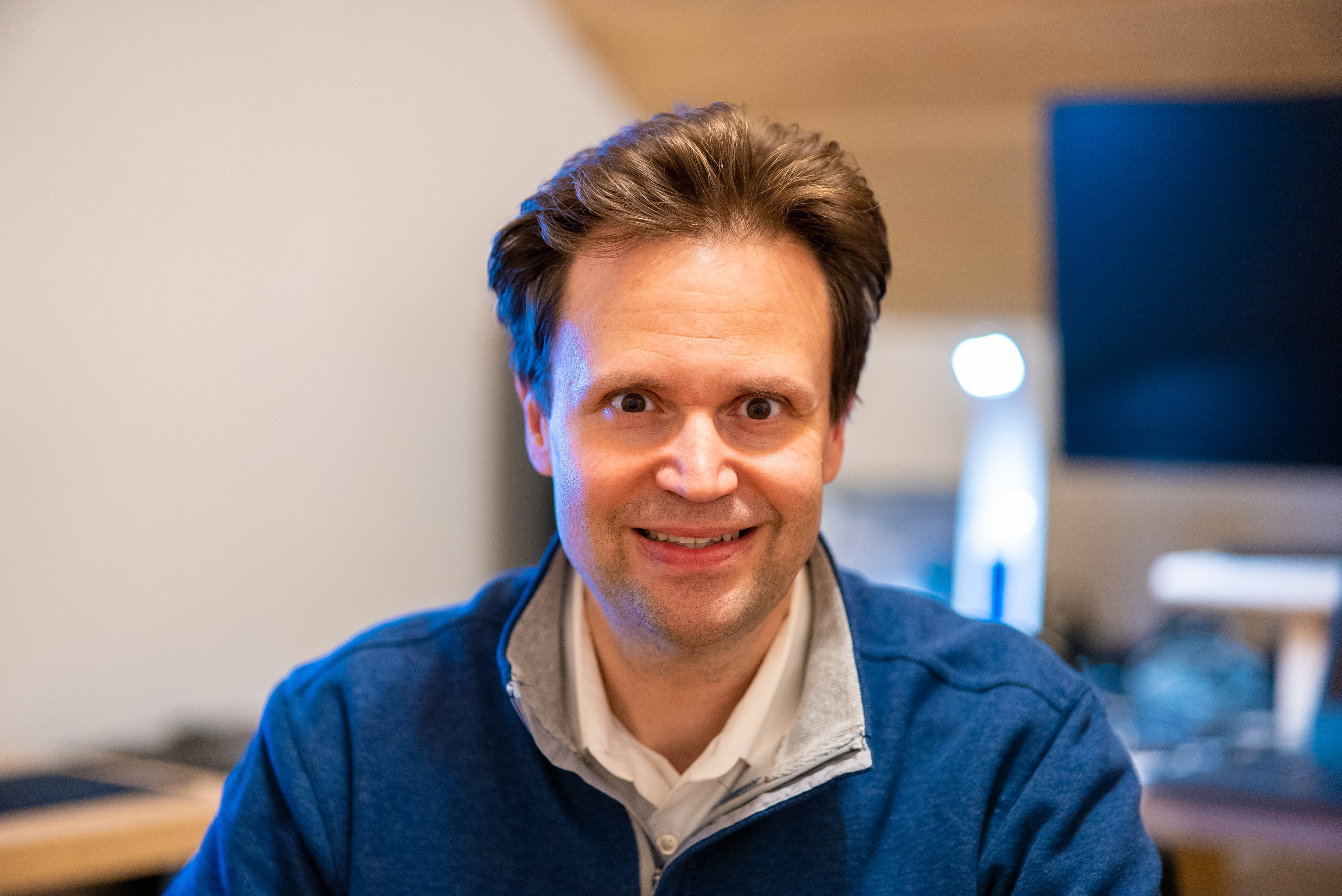


Nature produces a variety of tough materials with many functions, often out of simple and abundant materials, and at low energy. Such systems - examples of which include spider silk, conch shells, nacre or bone - provide broad inspiration for engineering. Here we explore the discovery of structure-property relationships in such complex nanomaterials, including the translation of biomaterials to engineering designs, using a variety of tools including molecular modeling, AI and machine learning, and experimental synthesis using 3D printing, and characterization. We describe a series of bottom-up studies focused on the mechanical behavior of bio-inspired composite materials, especially fracture , compression and impact, and how these phenomena can be modeled using a combination of molecular dynamics and machine learning. We present several examples that involve deep convolutional neural networks, graph neural networks, transformers, and game theoretical approaches towards analysis and design of atomic-level material structures. This includes studies aimed at the discovery of fundamental structure-property-relationships in complex nanomaterials, without any a priori knowledge of the physical laws or any known pairing of input to output data. We conclude the talk with a series of case studies of material optimization using genetic algorithms focused on grain boundary architectures and gradients, novel 3D printed composites, as well as a translation of molecular structures to music and back to assess universal patterns through vibrational patterning.
Markus J. Buehler is the McAfee Professor of Engineering at MIT, a member of the Center for Materials Science and Engineering, and the Center for Computational Science and Engineering at the Schwarzman College of Computing. He pursues modeling, design and manufacturing approaches for biomaterials that offer greater resilience and controllable properties. His work is highly cited and has been recognized by numerous awards, including the JR Rice Medal, the Feynman Prize, the Daniel Drucker Medal, the Presidential Early Career Award for Scientists and Engineers (PECASE), the Harold E. Edgerton Faculty Achievement Award, the Leonardo da Vinci Award, the Alfred Noble Prize, and many others.



Nature produces a variety of tough materials with many functions, often out of simple and abundant materials, and at low energy. Such systems - examples of which include spider silk, conch shells, nacre or bone - provide broad inspiration for engineering. Here we explore the discovery of structure-property relationships in such complex nanomaterials, including the translation of biomaterials to engineering designs, using a variety of tools including molecular modeling, AI and machine learning, and experimental synthesis using 3D printing, and characterization. We describe a series of bottom-up studies focused on the mechanical behavior of bio-inspired composite materials, especially fracture , compression and impact, and how these phenomena can be modeled using a combination of molecular dynamics and machine learning. We present several examples that involve deep convolutional neural networks, graph neural networks, transformers, and game theoretical approaches towards analysis and design of atomic-level material structures. This includes studies aimed at the discovery of fundamental structure-property-relationships in complex nanomaterials, without any a priori knowledge of the physical laws or any known pairing of input to output data. We conclude the talk with a series of case studies of material optimization using genetic algorithms focused on grain boundary architectures and gradients, novel 3D printed composites, as well as a translation of molecular structures to music and back to assess universal patterns through vibrational patterning.
Markus J. Buehler is the McAfee Professor of Engineering at MIT, a member of the Center for Materials Science and Engineering, and the Center for Computational Science and Engineering at the Schwarzman College of Computing. He pursues modeling, design and manufacturing approaches for biomaterials that offer greater resilience and controllable properties. His work is highly cited and has been recognized by numerous awards, including the JR Rice Medal, the Feynman Prize, the Daniel Drucker Medal, the Presidential Early Career Award for Scientists and Engineers (PECASE), the Harold E. Edgerton Faculty Achievement Award, the Leonardo da Vinci Award, the Alfred Noble Prize, and many others.